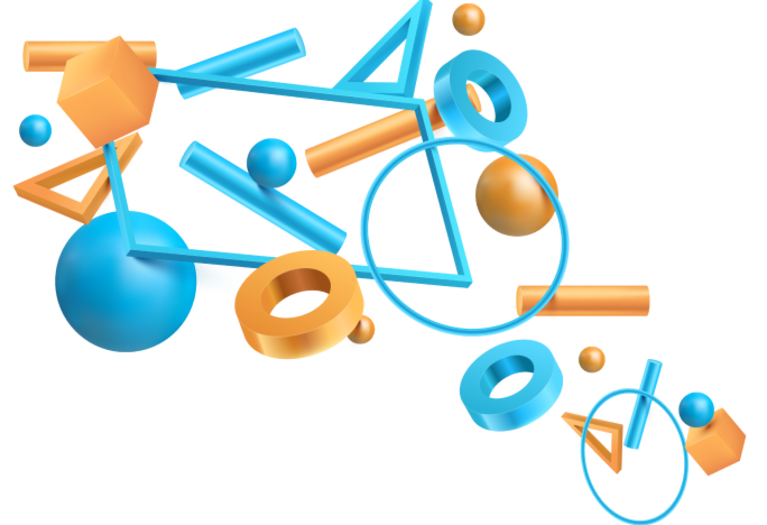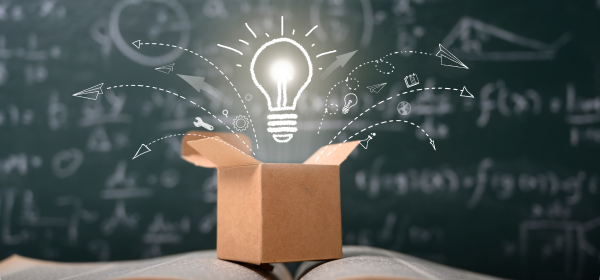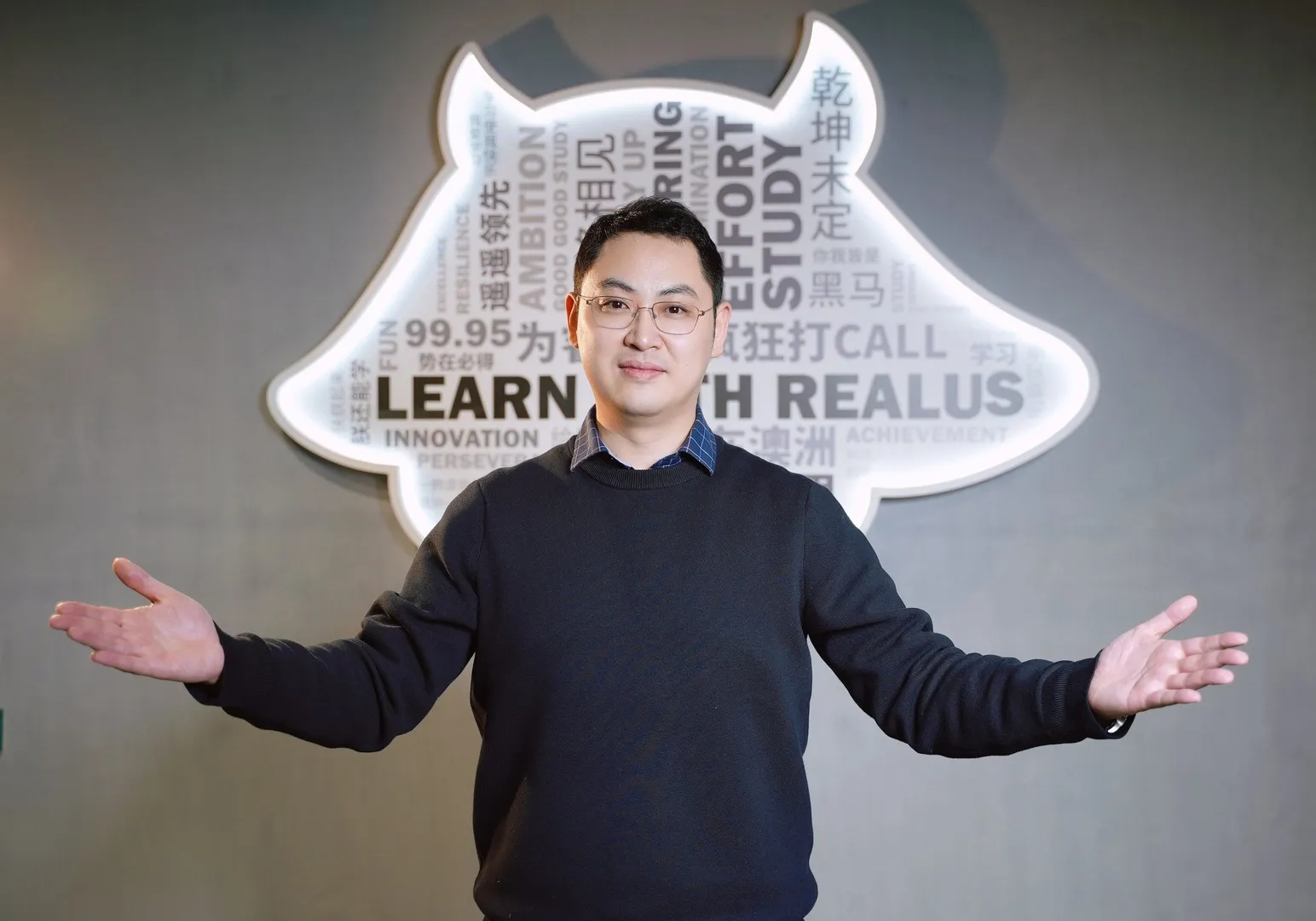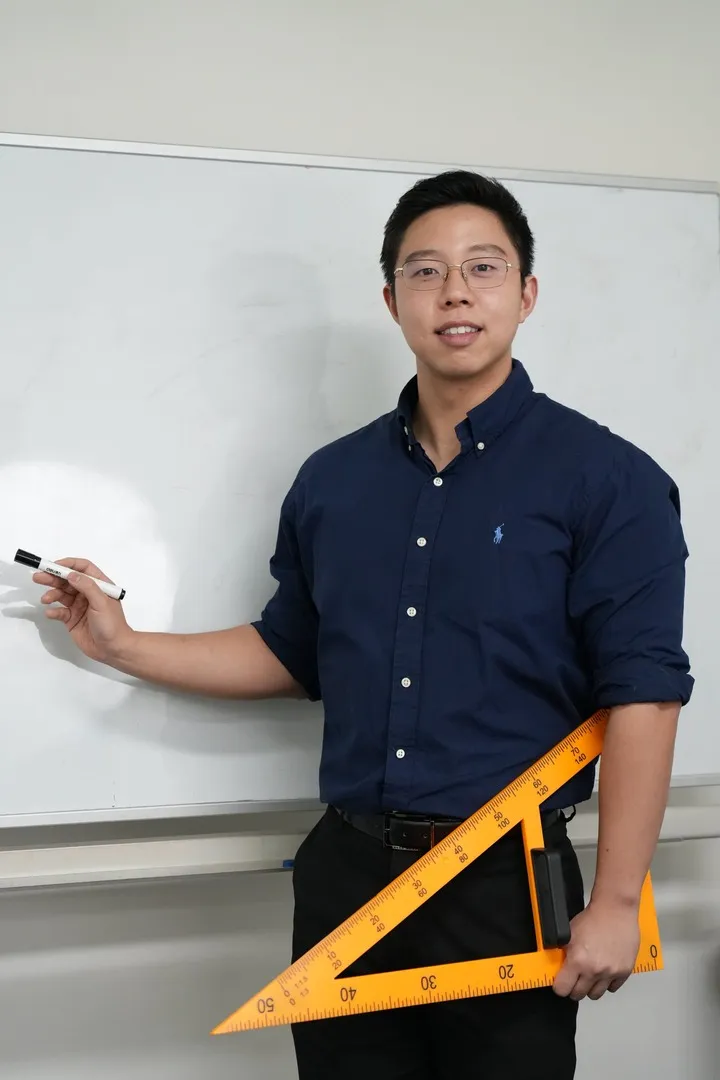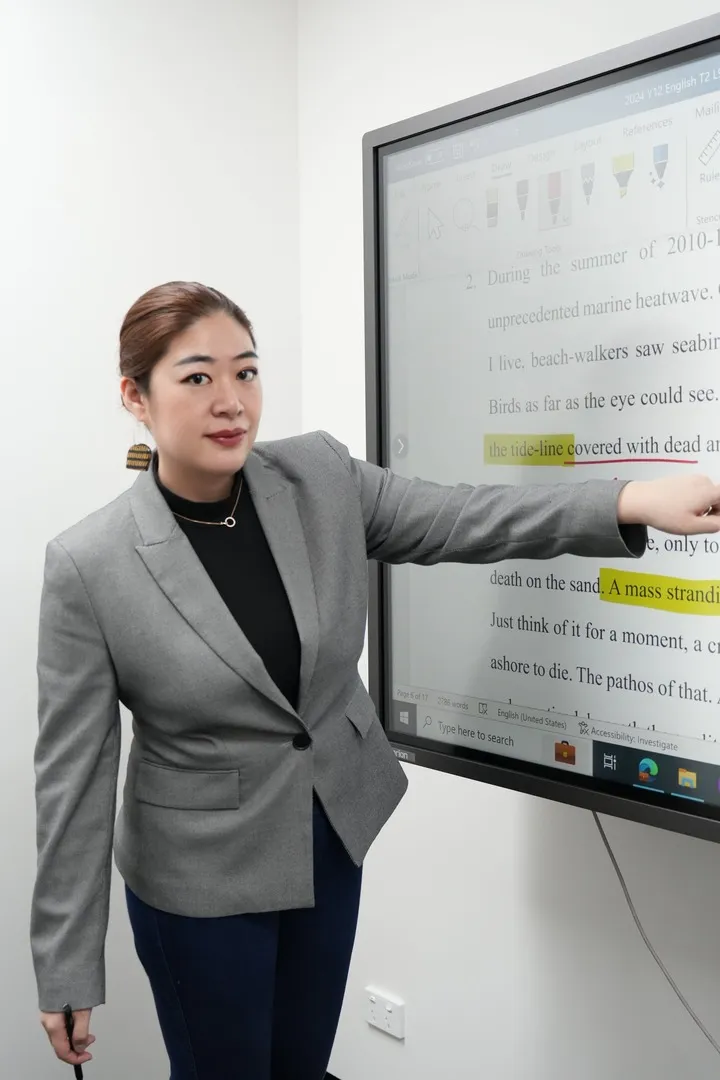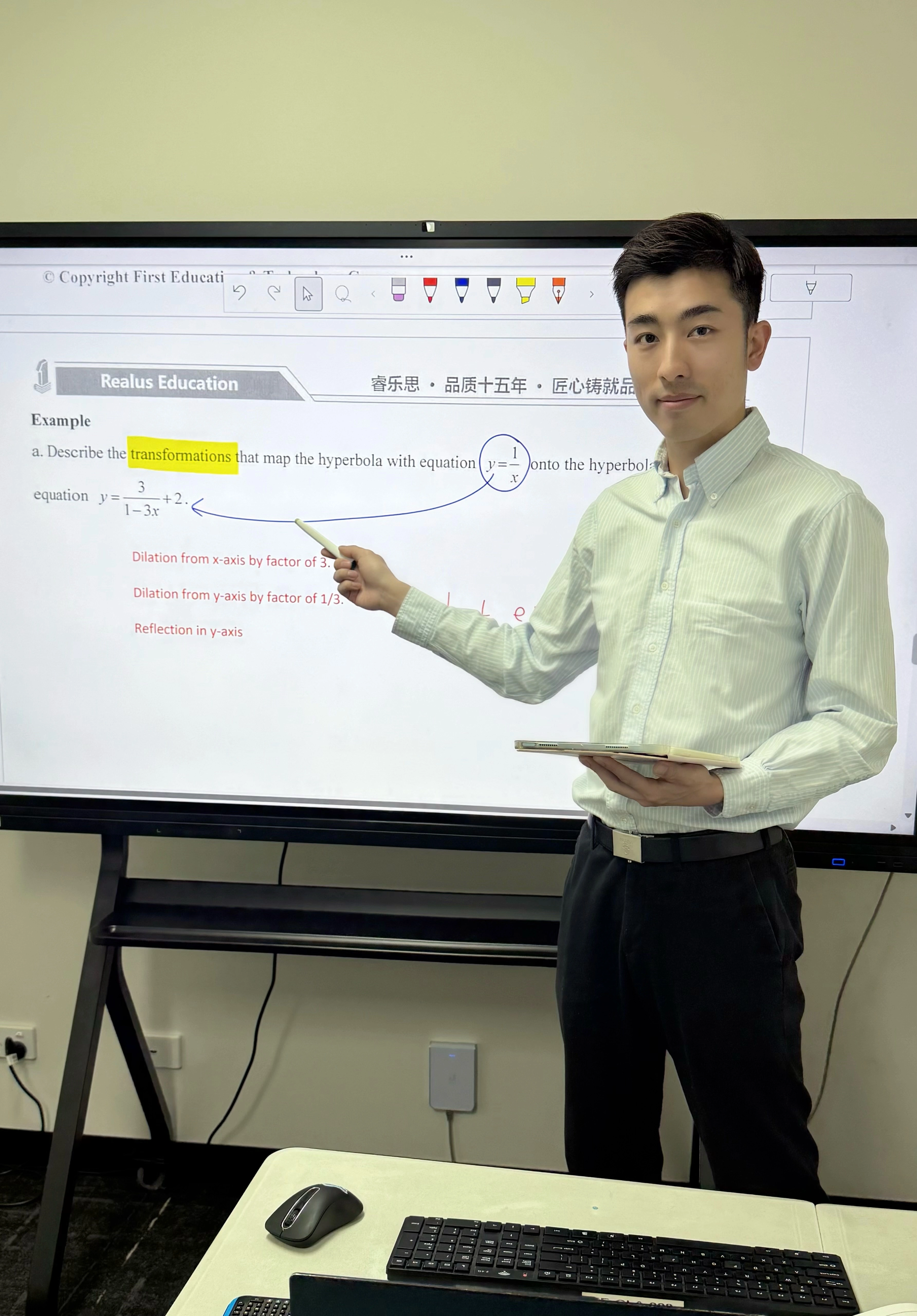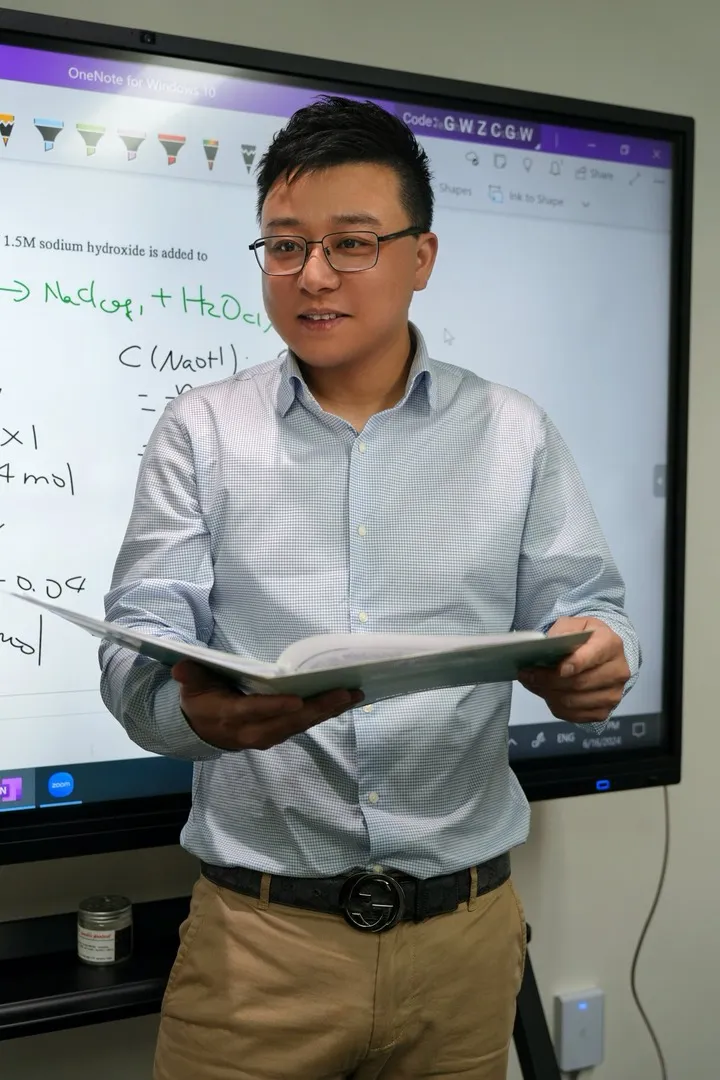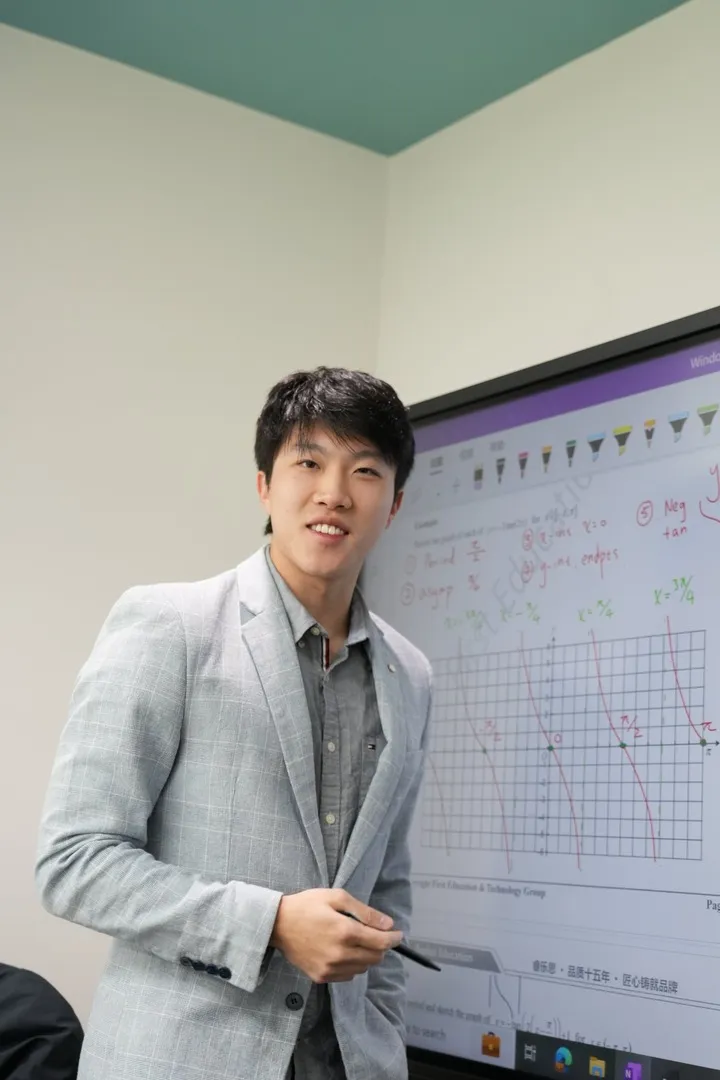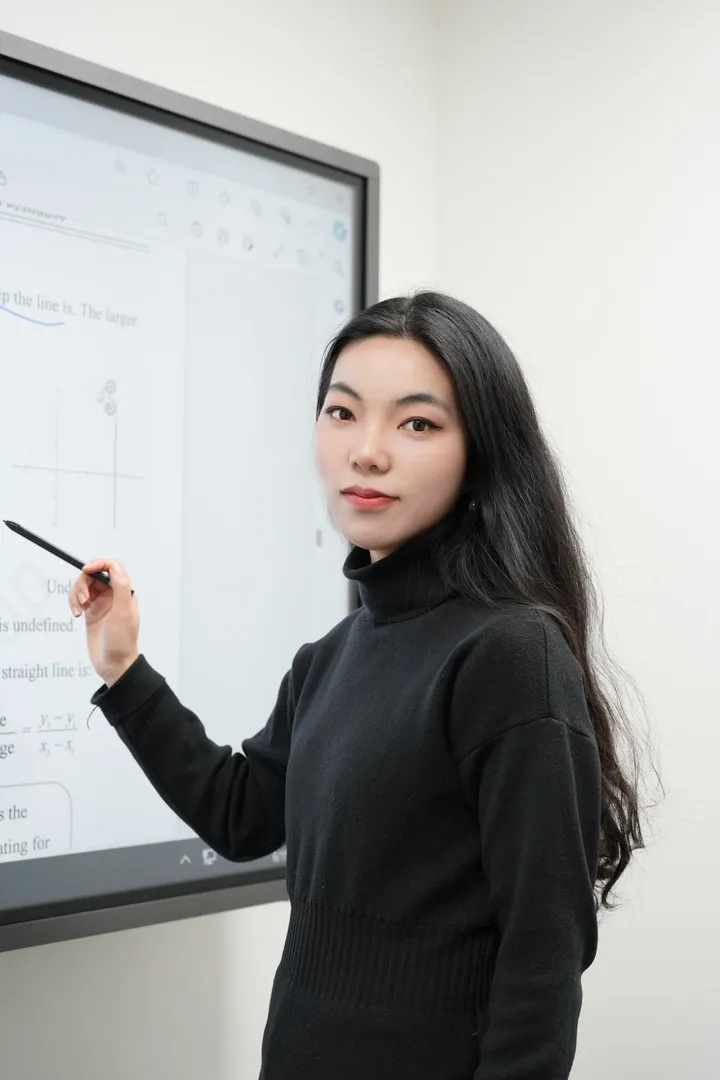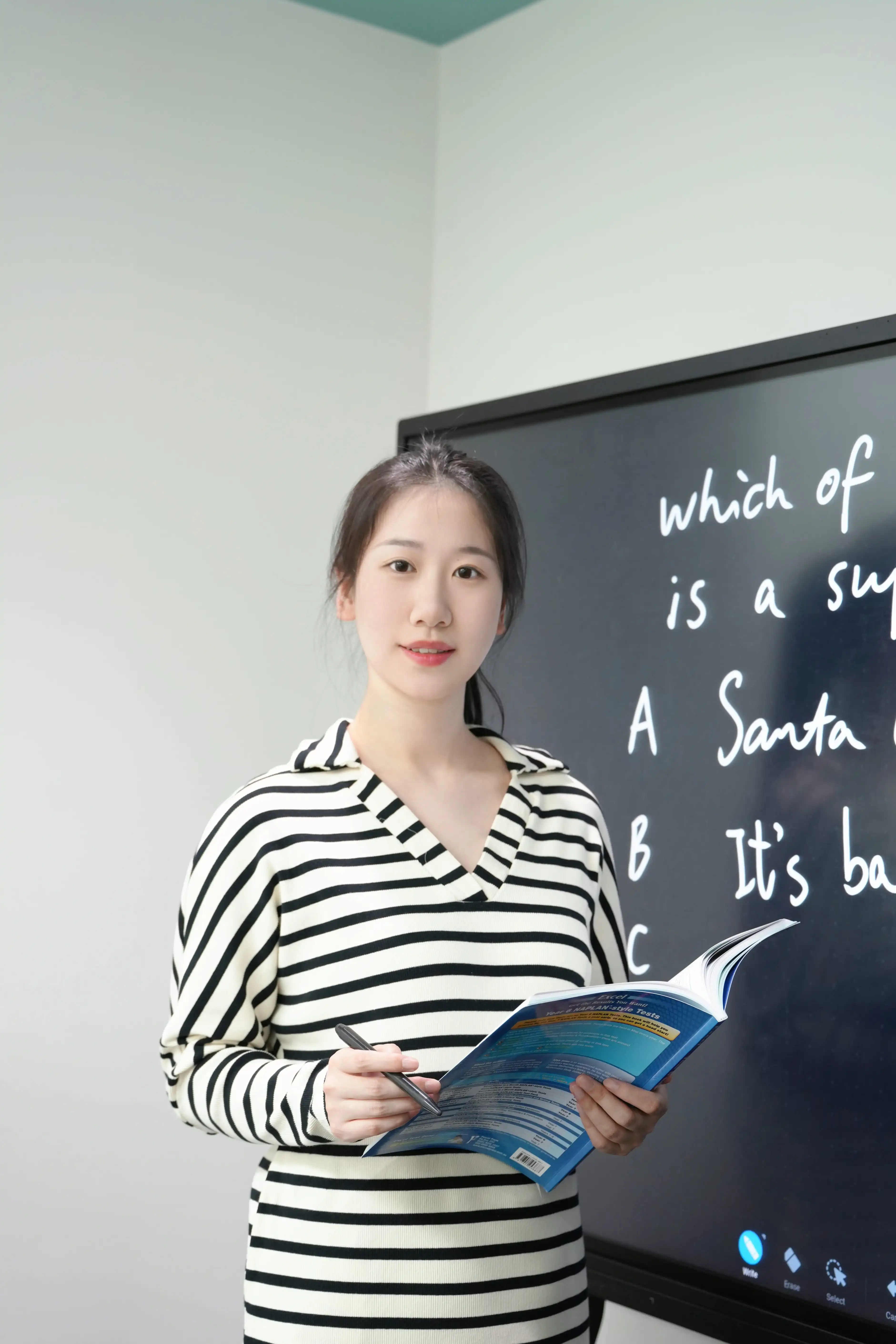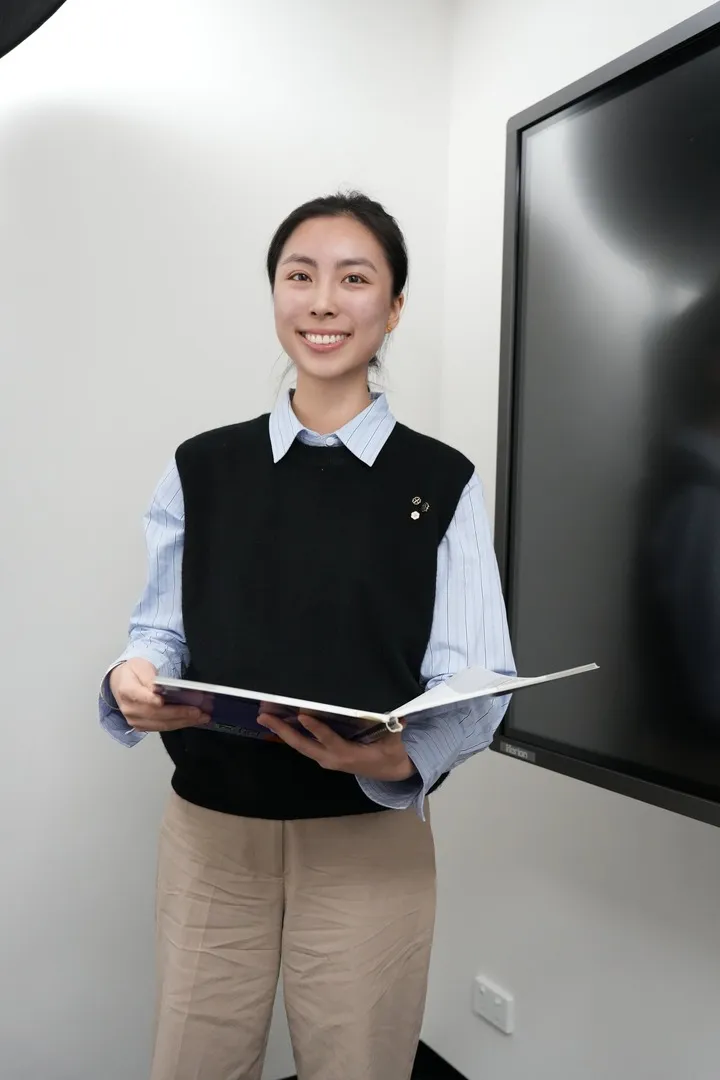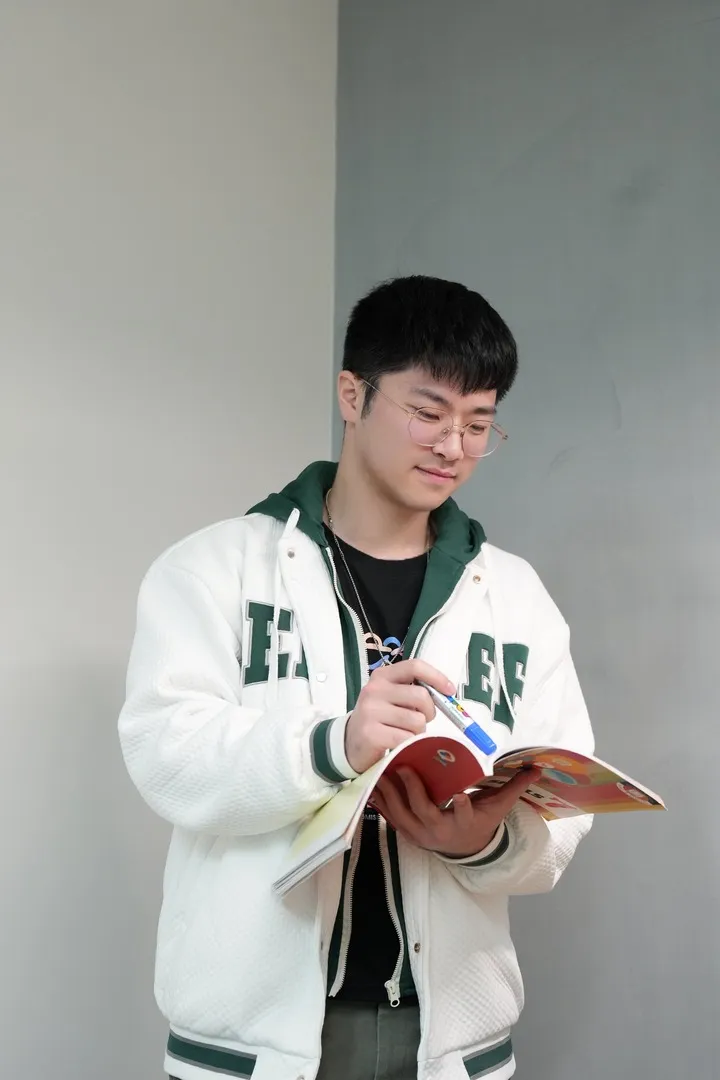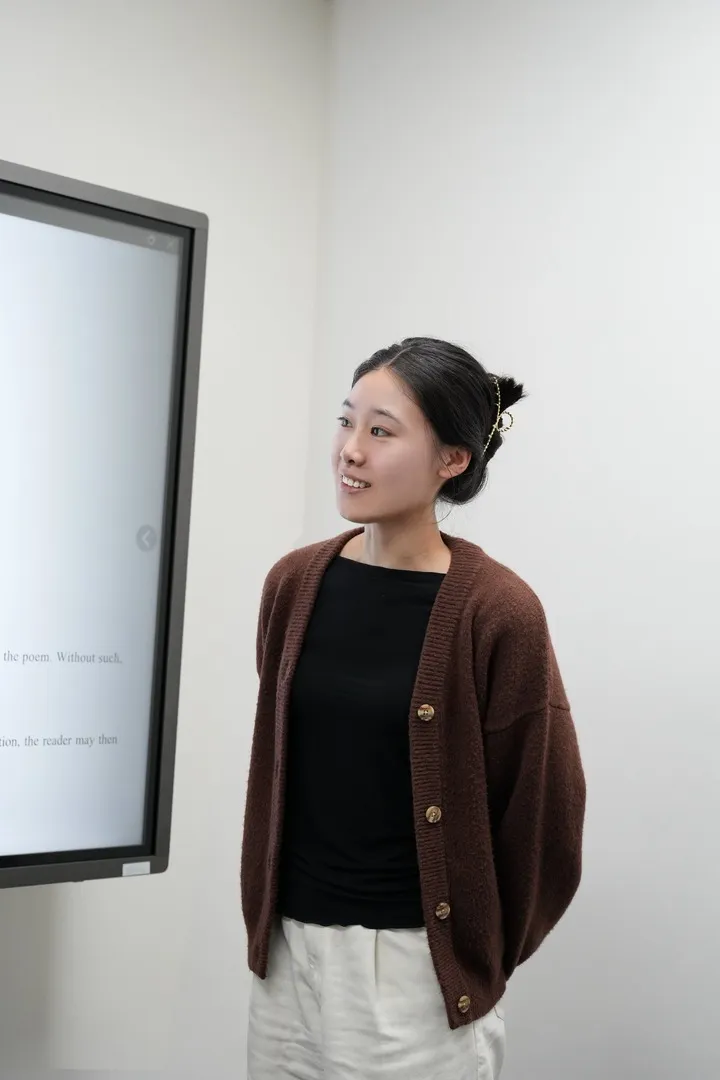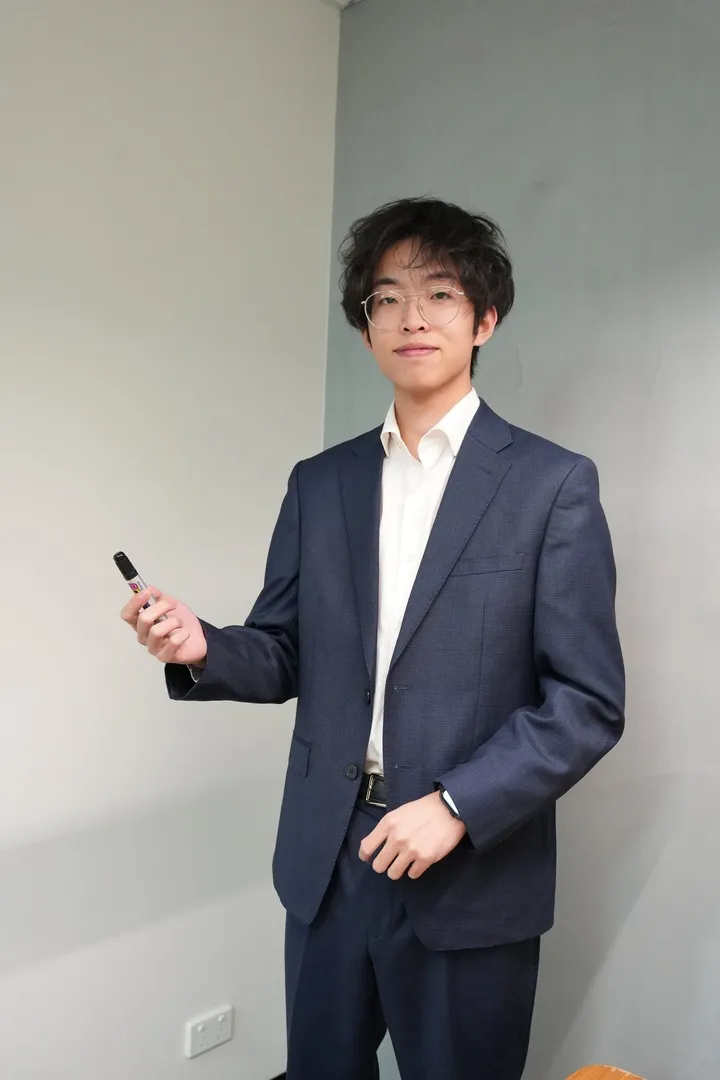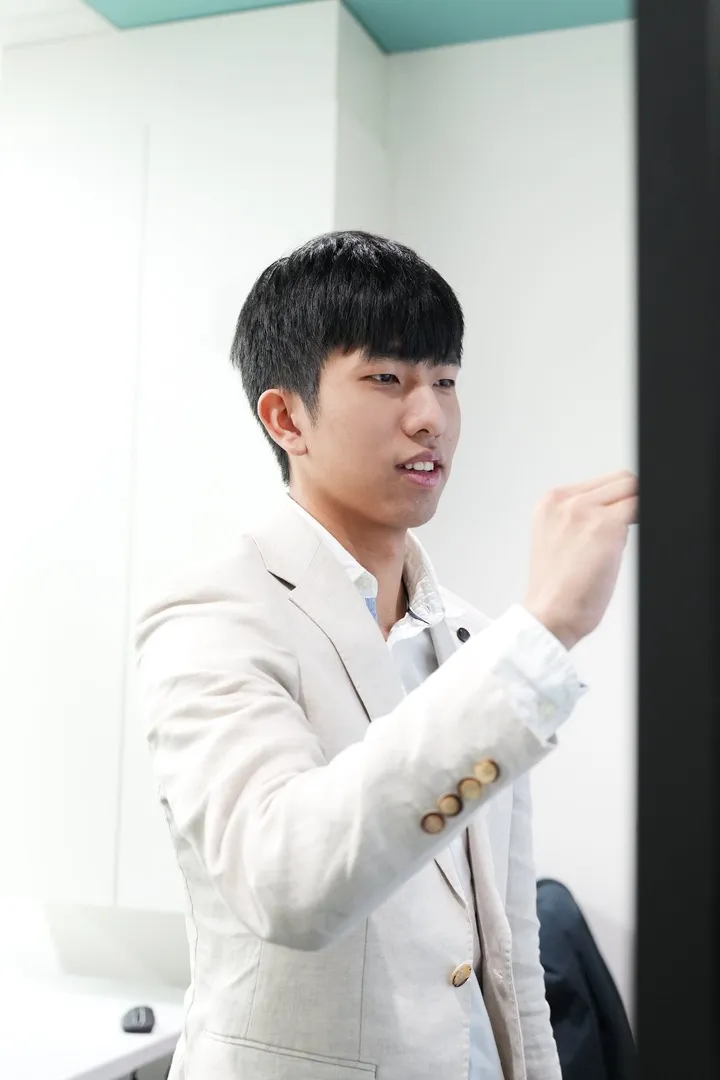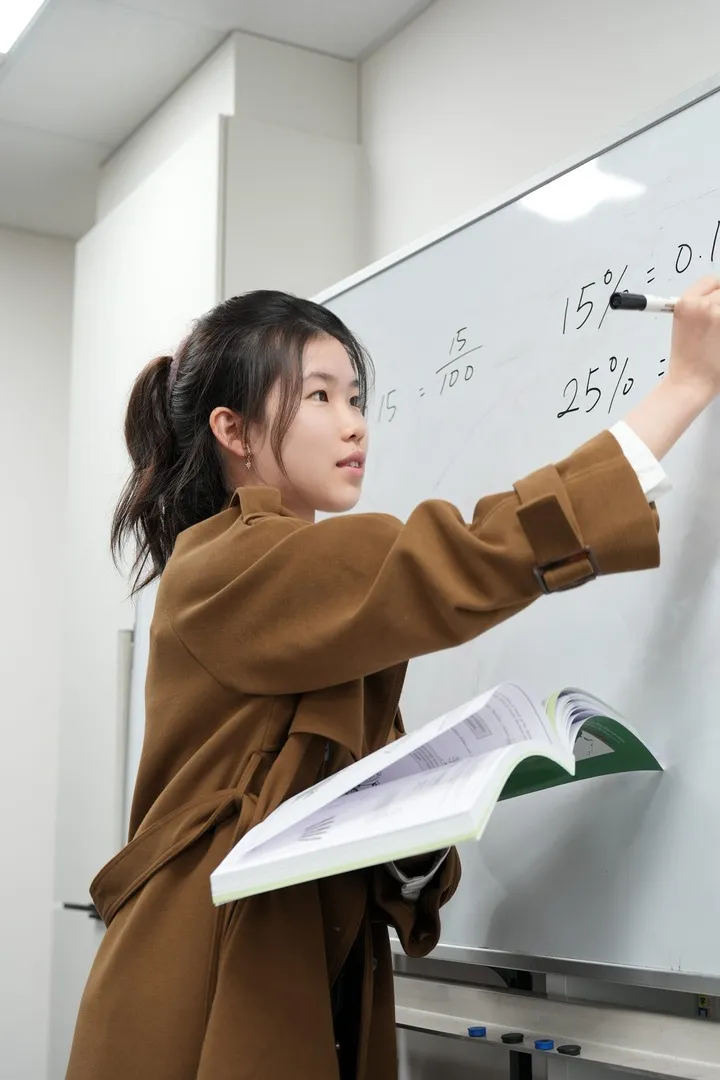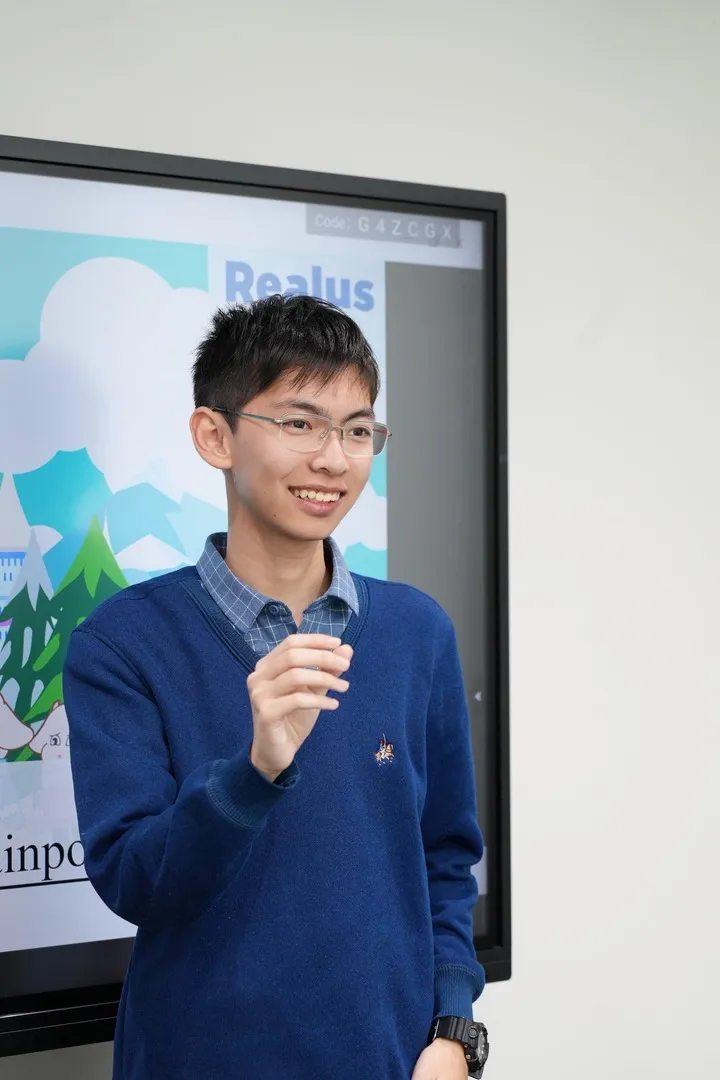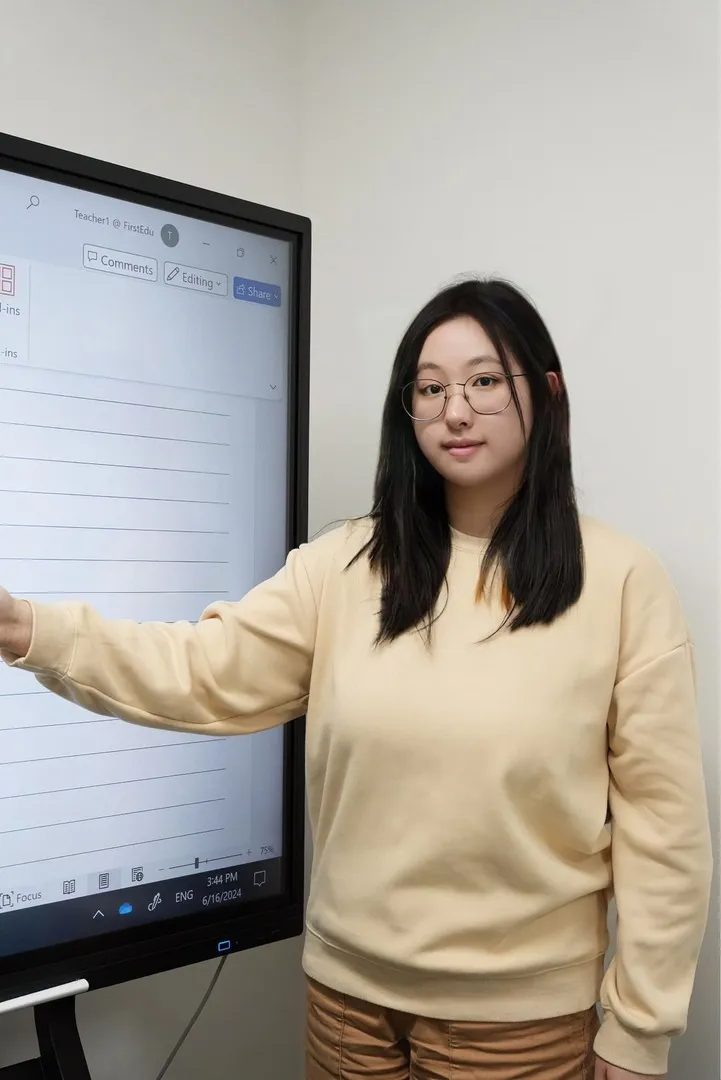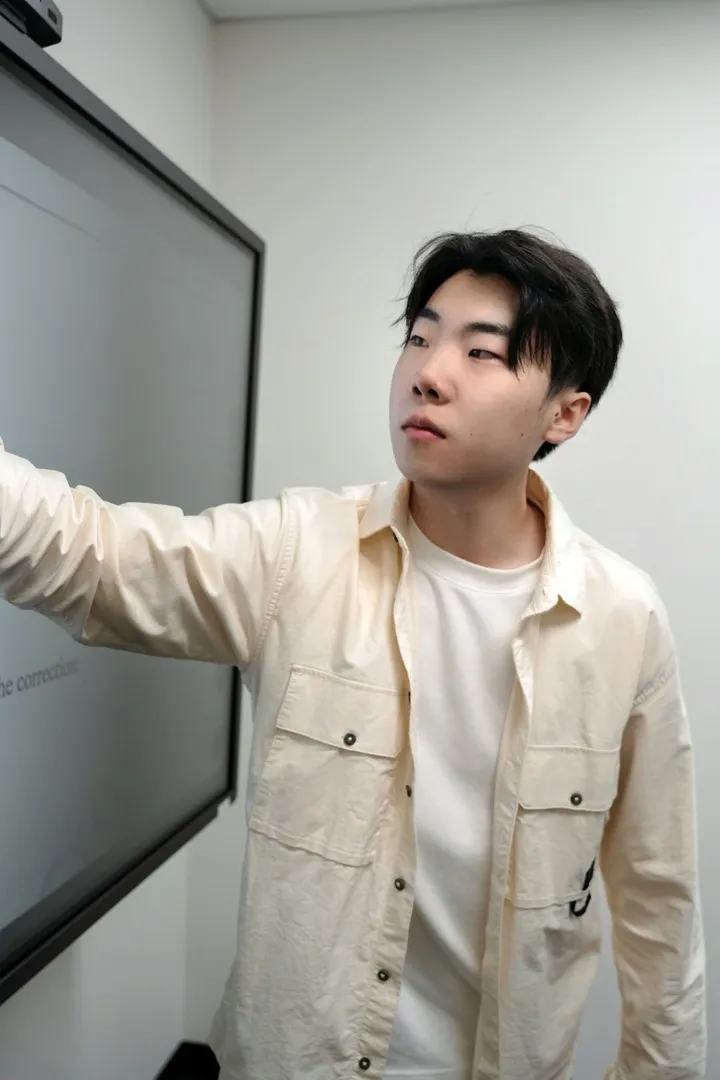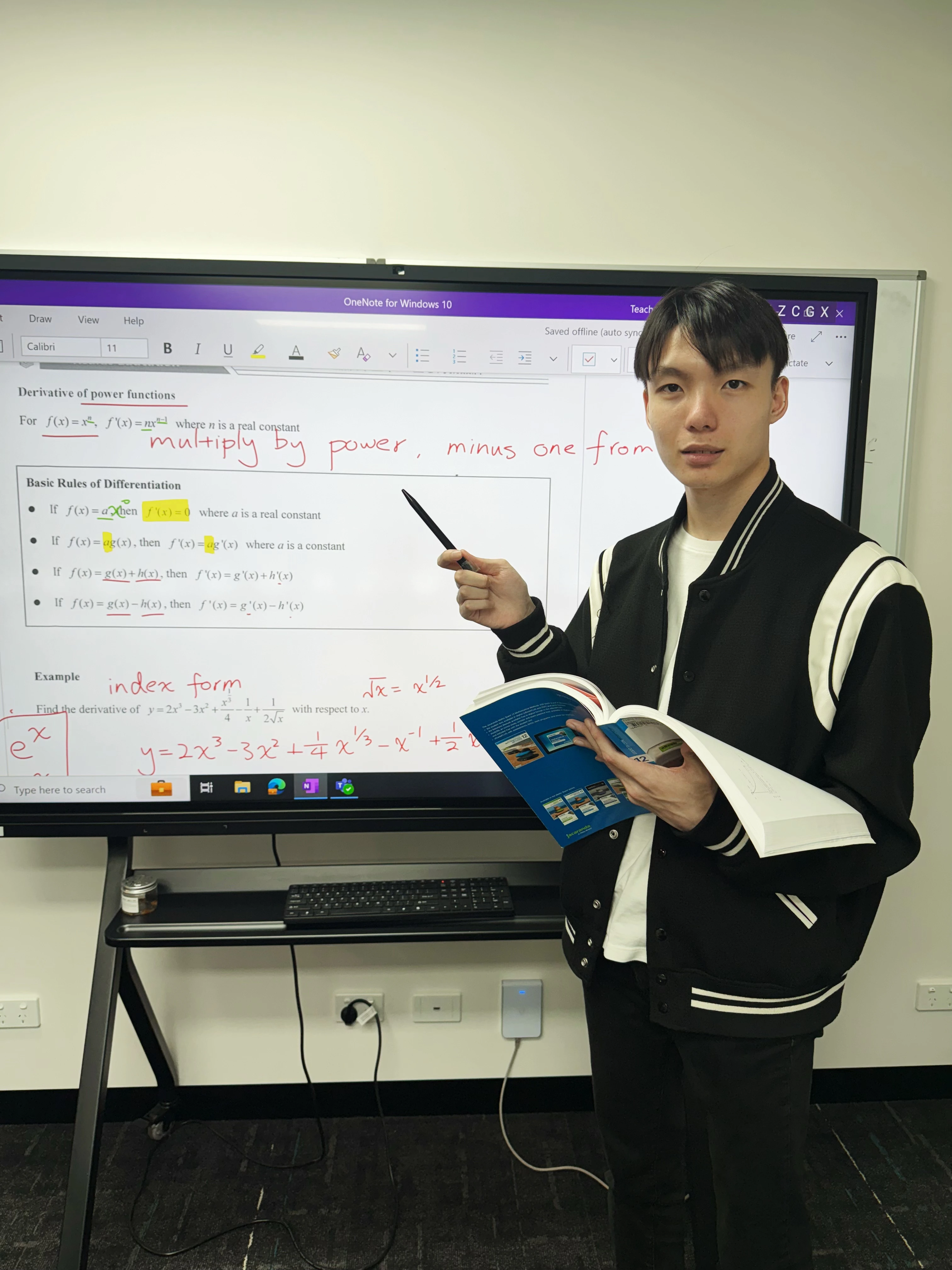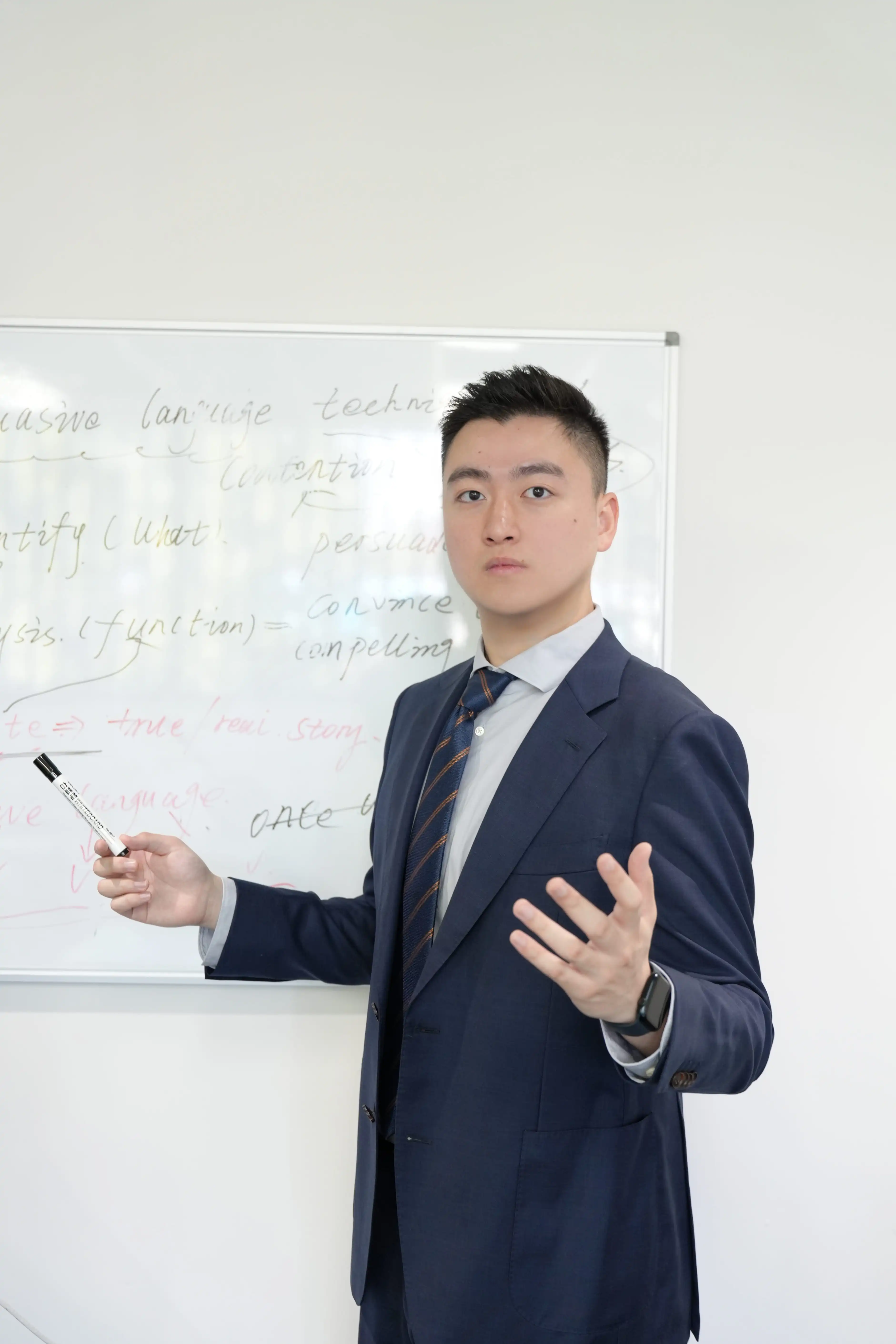Unit 3: How can design and innovation help to optimise chemical processes?
Lesson 1: Carbon-based fuels I
Lesson 2: Carbon-based fuels II
Lesson 3: Measuring changes in chemical reactions
Lesson 4: Primary galvanic cells and fuel cells as sources of energy I
Lesson 5: Primary galvanic cells and fuel cells as sources of energy II
Lesson 6: Rates of chemical reactions
Lesson 7: Production of chemicals using electrolysis I
Lesson 8: Production of chemicals using electrolysis II
Lesson 9: Extent of chemical reactions I
Lesson 10: Extent of chemical reactions II
Unit 4: How are carbon-based compounds designed for purpose?
Lesson 11: Structure, nomenclature and properties of organic compounds
Lesson 12: Reactions of organic compounds I
Lesson 13: Reactions of organic compounds II
Lesson 14: Laboratory analysis of organic compounds I
Lesson 15: Laboratory analysis of organic compounds II
Lesson 16: Instrumental analysis of organic compounds I
Lesson 17: Instrumental analysis of organic compounds III
Lesson 18: Medicinal chemistry
